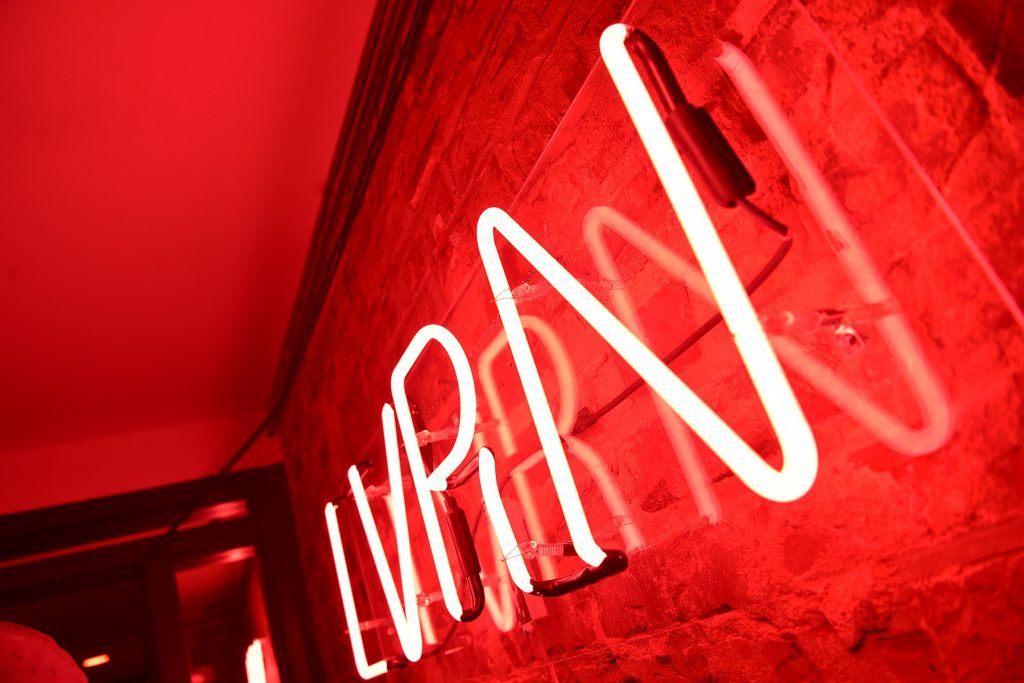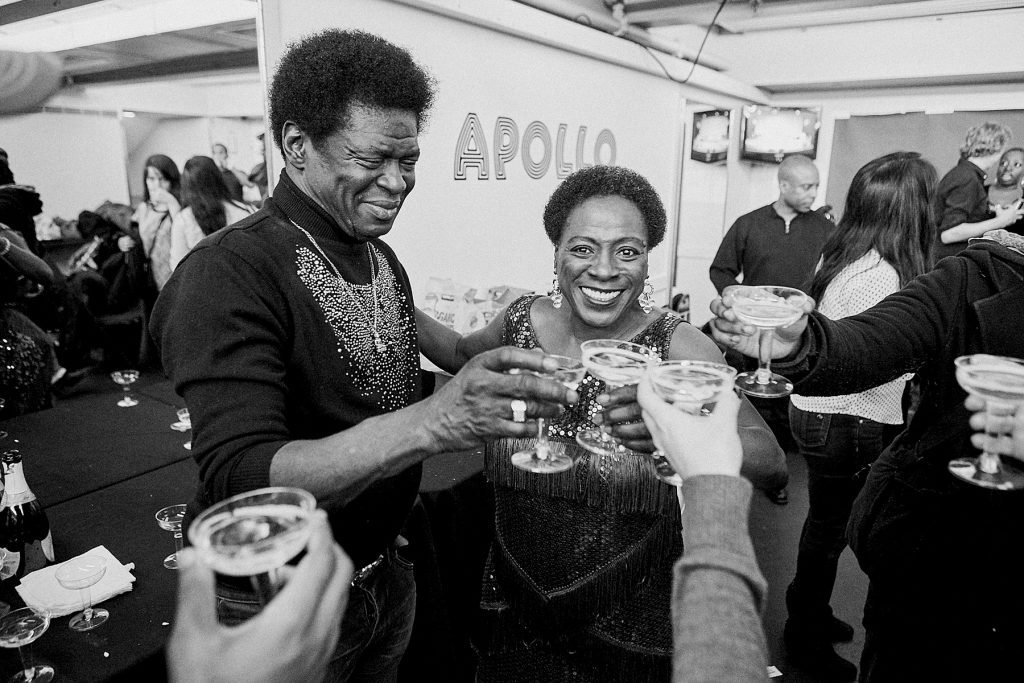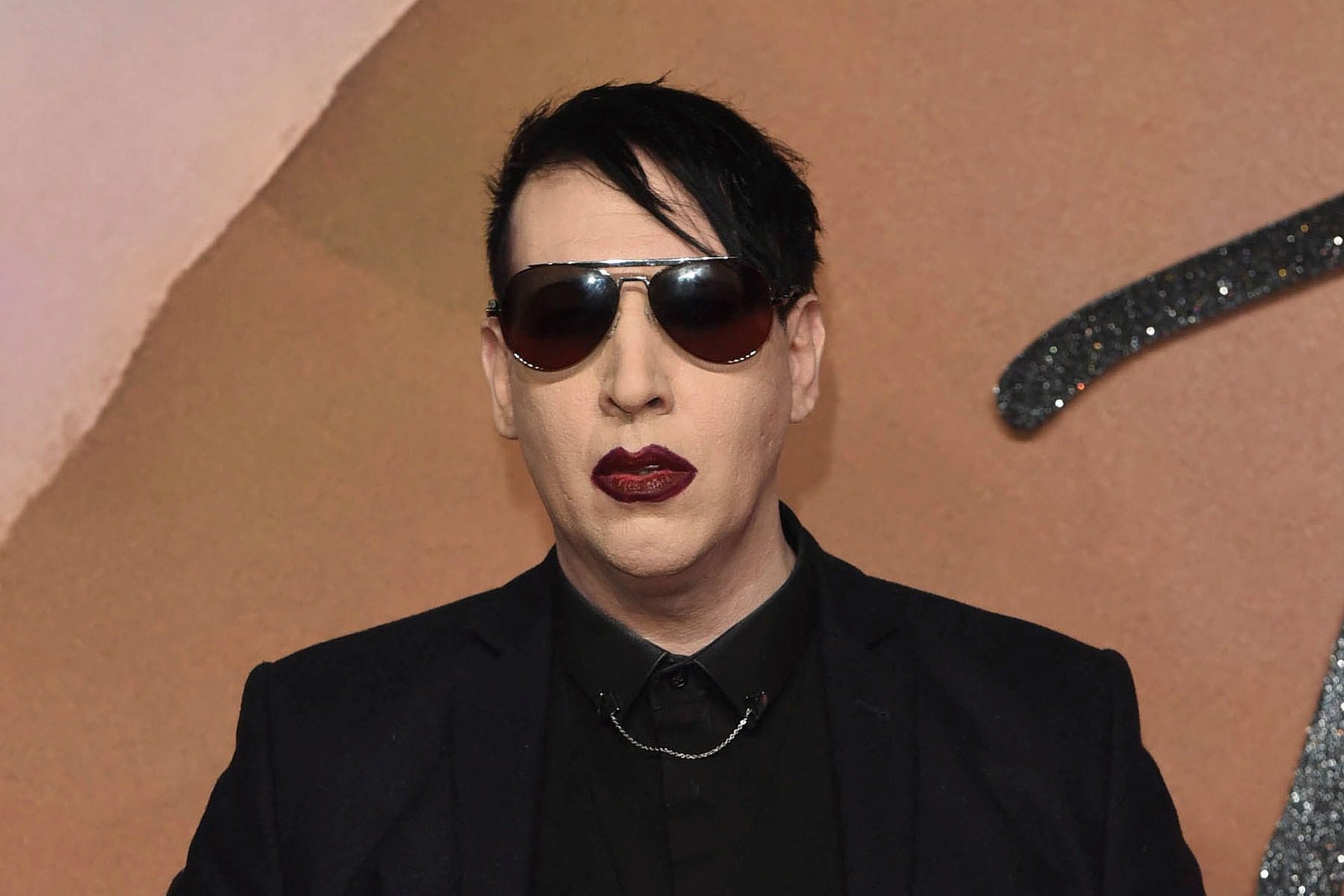
Inside the Legal Battle Tearing Apart R&B’s Hottest Label
The label Love Renaissance has been the force behind some of R&B’s biggest breakout acts in recent years, including the singer 6lack, who has earned three Grammy nominations since his 2016 debut, and Summer Walker, whose Over It album was a first-week blockbuster.
But as the profile of Love Renaissance — also known as LVRN — grew, discord was simmering in the upper ranks, according to a recent set of lawsuits obtained by IndieLand. LVRN and its founders are now embroiled in a nasty legal fight with two consultants, Amir Kashani and Dan Feldstein, lobbing claims and being hit with counterclaims.
Both sides argue that the other acted fraudulently, and both sides fundamentally disagree about who should be credited with the label’s breakthrough. The two consultants also claim that they were promised an ownership stake in LVRN, an assertion that the label and its founders firmly deny. The suits offer a rare window into the behind-the-scenes maneuvering that often takes place in the music industry as a business started by a few friends transforms into a multimillion-dollar enterprise, souring relationships in the process.
blogherads.adq.push(function () {
blogherads
.defineSlot( ‘medrec’, ‘gpt-dsk-tab-article-inbody1-uid0’ )
.setTargeting( ‘pos’, [“mid-article”,”mid”,”in-article1″,”mid-article1″] )
.setSubAdUnitPath(“music//article//inbody1”)
.addSize([[300,250],[620,350],[2,2],[3,3],[2,4],[4,2]])
;
});
LVRN’s leaders — a group from Atlanta that includes Sean McNichol, Justice Baiden, Carlon Ramong, Junia Abaidoo, and Babatunde Balogun — first worked with Kashani and Feldstein in 2015 and 2016, according to court documents, bringing them in as consultants through their company, Salt + Vinegar. The schism developed later: Balogun’s group alleges in their suit that the two men “skimmed” money from a branding deal and diverted business from LVRN to Salt + Vinegar. Kashani and Feldstein’s countersuit claims that the label’s leaders violated an agreement to hand over 12.5% of the “LVRN entities,” a stake that could be worth millions of dollars. And an affidavit filed by Kashani accuses LVRN of inventing the “skimming” charge as a head-fake — “a fabricated pretext for not paying” the two their “promised share.”
Earlier this year, a judge tossed out some of the Kashani group’s counterclaims, including their charge of fraud, but ruled that their breach of contract and unjust enrichment claims have enough merit to move to a jury trial. In a statement, a lawyer for Kashani’s camp said “my clients are confident that they will prevail in their claims against LVRN and believe that this case will provide much-needed transparency into the operations of the music business.”
While considering whether LVRN failed to uphold its end of the alleged equity deal, the jury will also rule on the label’s assertion that it ended its relationship with Kashani and Co. because they defrauded the label. “LVRN brought this action to put to rest, once and for all, the baseless claims of Salt + Vinegar and its principals to an ownership interest in LVRN,” the label’s lawyers said in a statement. “We look forward to bringing closure to this issue at trial.”

Junia Abaidoo, Sean Famoso, Justice Baiden, and Tunde Balogun of LVRN in 2020.
Prince Williams/Wireimage
Some labels are built around the charisma and hit-making capabilities of one star artist. But several LVRN-associated acts have enjoyed commercial success simultaneously. In 2016, the management client D.R.A.M. (who now goes by Shelley FKA DRAM) earned a platinum plaque with his buoyant single “Broccoli.” 6lack released his first album, Free 6lack, the same year, and garnered his first platinum plaque for the gloomy track “Ex Calling” in 2018. Walker debuted with Last Day of Summer in 2018 and went platinum with “Girls Need Love” five months later.
blogherads.adq.push(function () {
blogherads
.defineSlot( ‘medrec’, ‘gpt-dsk-tab-article-inbody2-uid1’ )
.setTargeting( ‘pos’, [“mid-article2″,”mid”,”in-article2″,”mid-article”] )
.setSubAdUnitPath(“music//article//inbody2”)
.addSize([[300,250],[300,251],[620,350],[2,4],[4,2],[3,3]])
.setLazyLoadMultiplier(2)
;
});
During the label’s early run, Kashani and Feldstein’s countersuit — initially filed in Los Angeles, but then incorporated into the Georgia proceedings — alleges a close team. “When LVRN was in its infancy and struggling, Kashani helped the members and its artists secure cars, clothing, and credit,” the countersuit asserts, and “he even opened his home and invited Baiden, Balogun, and McNichol to stay with him and his wife.” In a sworn affidavit submitted in court, Kashani claims that much of his early work for LVRN was “provide[d] pro bono.”
In return, Balogun and Co. allegedly brought Kashani to meetings with labels and later “entered into discussions to formalize the[ir] business partnership,” according to claims made in court documents. Kashani and Feldstein assert that this led to two key meetings in 2018. Both gatherings are described in the countersuit: At the first, the two men allege the Atlanta crew offered the pair a 12.5% share of their companies; at the second, Kashani claims that he “finalized the deal” with Balogun by signing the back of a receipt reading “closed LVRN.”
However, even as LVRN was becoming increasingly successful in the music industry, it did not have an operating agreement — “a key document,” according to the U.S. Small Business Administration, “because it outlines the business’ financial and functional decisions including rules, regulations, and provisions.” And that signed receipt did not include a complete breakdown of each partner’s share in LVRN, though court documents show that both Kashani and Feldstein emailed Balogun pushing to write an operating agreement which would solidify the 12.5% in writing.
The countersuit includes texts from Balogun in which he tells Kashani, “I’m not ya client, I’m a partner.” In a separate text exchange, Balogun writes to Kashani, “we should close at 12.5… Sean [McNichol] told me we’re closed and good.” And for several months, Kashani was paid out 12.5% of commissions, though LVRN claims this was payment for services, and “not… a reflection of his status as an equity member.” (The jury will decide which account they believe.)
During this time, the allegations in the court documents reflect that interpersonal squabbles were becoming more common; some of these battles are described as disputes over who was the real architect of LVRN’s victories. The pride of the label’s original members may have been wounded when, as alleged in LVRN’s complaint, Kashani presented himself as the executive “managing” them.
blogherads.adq.push(function () {
blogherads
.defineSlot( ‘medrec’, ‘gpt-dsk-tab-inbodyX-uid2’ )
.setTargeting( ‘pos’, [“mid”,”mid-articleX”,”in-articleX”,”mid-article”] )
.setSubAdUnitPath(“music//article//inbodyX”)
.addSize([[300,250],[300,251],[3,3],[620,350]])
.setLazyLoadMultiplier(2)
;
});
Kashani’s countersuit asserts that he and Feldstein became not just key players in the company — as CEO and head of marketing, respectively — but also its “driving force.” “Mr. Balogun and I conflicted about the well-being of the LVRN artist clients and how the LVRN management team was handling its finances,” Kashani claims in a sworn affidavit. In addition, he alleges that the label “lacked leadership” — pointing to instances when he helped LVRN artists and one executive with personal matters — and that the founders tried to get him to flip on Feldstein and “remove” him from the “corporate structure.”
Just as the label appeared to be on a hot streak, these behind-the-scenes tensions boiled over into the dueling suits. In February 2019, the Atlanta members sued Kashani, Feldstein, and Salt + Vinegar for breach of contract and fraud, among other charges. Kashani’s camp hit back with their own filing three months later. The trial is set for October 27th in Atlanta.




